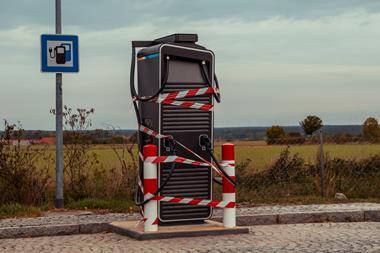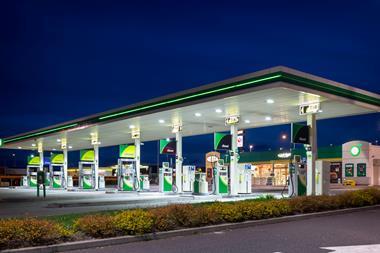Germany has been identified as the largest and most valuable car wash market in Europe, according to new research from Verdict. Germany’s total car wash market value was €1,584m in 2012, accounting for 34% of the total commercial car wash market in nine of the major European markets. Its dominance is due to a combination of factors, including stringent car wash legislation, a large number of vehicles on the road and a resilient economy.
The new report unpicks some of the key dynamics of the European car wash market, and reveals some new insights. The high number of commercial car washes in Germany is a result of the 44 million cars in Germany, and strict environmental waste-water legislation that prevents motorists from washing their car at home. The average German also washes the car nine times a year.
Britain in comparison has fewer cars, and the average Briton washes their car just two to three times per year at commercial car washes as the recession has eaten into disposable incomes.
The report also highlights changes in the type of car wash that motorists favour. The number of tunnel and roll-over washes has decreased, but the number of jet washes and hand car washes has increased, a trend that is particularly noticeable in the UK.
“Jet washes have become increasingly popular of the last ten years,” says Richard Brown, a senior analyst with Verdict. “Jet washes are the cheapest type of car wash to install, and with an average wash costing just €2, cash-strapped motorists are increasingly choosing jet washes over more expensive rollover or tunnel washes.
These changes can be partly attributed to a reduced number of service stations across Europe. The margins made on fuel by retailers are being eroded by higher prices per barrel in Europe, and are further impacted in the UK by recent fuel price-wars led by the major supermarkets. These, together with the lower start-up costs required to install a jet wash or hand car wash, mean that it is likely that the future of rollover and tunnel car washes will be restricted to sites which can guarantee high levels of fuel sales.
Another change is also impacting the composition of the market. Some fuel retailers that previously only had jet, rollover or tunnel washes have begun to partner with hand wash operators. Within the UK, Tesco has launched a partnership with Waves, a hand wash franchise to take advantage of the growing trend for a hand washed service among UK consumers, even though the retailer already has the fifth largest service station car wash network in the country.
“Despite Tesco making the move to partner with one of its competitors, other car wash companies are yet to venture into the hand wash market,” comments Eleanor Whitford Kelly, an associate researcher with Verdict Retail’s Service Station Retail team. “As a result, the automated car wash market is likely to shrink significantly as independent hand wash centres continue to pop up across the UK and Ireland. Car wash companies should be looking to invest in cheaper washing methods such as jet wash, or partnering with hand wash companies in order to survive in what is a difficult market.”

































No comments yet